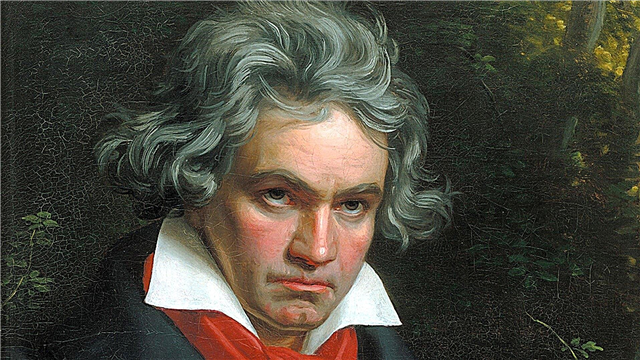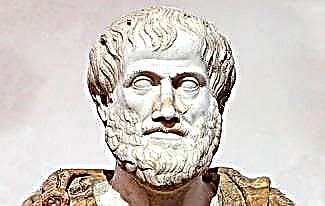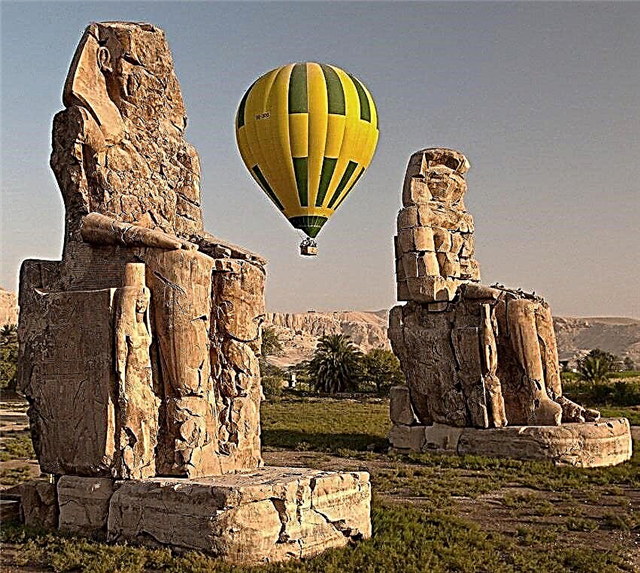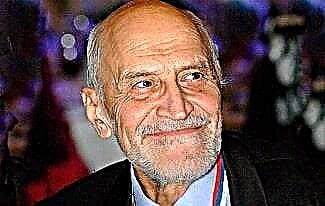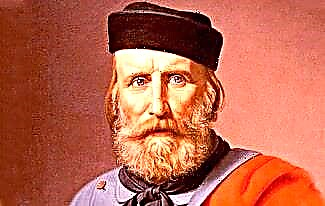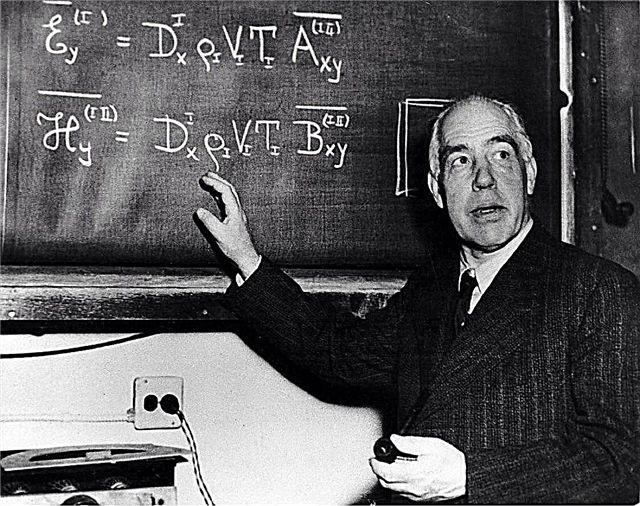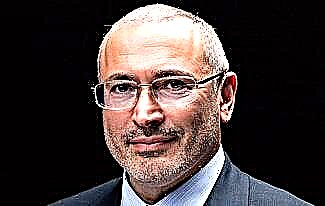Nikolay Alexandrovich Berdyaev (1874-1948) - Russian religious and political philosopher, representative of Russian existentialism and personalism. The author of the original concept of the philosophy of freedom and the concept of the new Middle Ages. Seven times nominated for the Nobel Prize in Literature.
There are many interesting facts in the biography of Nikolai Berdyaev, which we will talk about in this article.
So, before you is a short biography of Berdyaev.

Biography of Nikolai Berdyaev
Nikolai Berdyaev was born on March 6 (18), 1874 in the Obukhovo estate (Kiev province). He grew up in a noble family of officer Alexander Mikhailovich and Alina Sergeevna, who was a princess. He had an older brother Sergei, who became a poet and publicist in the future.
Childhood and youth
The Berdyaev brothers received their primary education at home. After that, Nikolai entered the Kiev Cadet Corps. By that time, he had mastered several languages.
In the 6th grade, the young man decided to leave the corps in order to start preparing for entering the university. Even then, he set himself the goal of becoming a "professor of philosophy." As a result, he successfully passed the exams at the University of Kiev at the Faculty of Natural Sciences, and a year later he transferred to the Law Department.
At the age of 23, Nikolai Berdyaev took part in student riots, for which he was arrested, expelled from the university and sent into exile in Vologda.
A couple of years later, the first article by Berdyaev was published in the Marxist magazine Die Neue Zeit - “F. A. Lange and critical philosophy in their relation to socialism ”. After that, he continued to publish new articles related to philosophy, politics, society and other areas.
Social activities and life in exile
In the following years of his biography, Nikolai Berdyaev became one of the key figures in the movement that criticized the ideas of the revolutionary intelligentsia. In the period 1903-1094. participated in the formation of the organization "Union of Liberation", which fought for the introduction of political freedoms in Russia.
A few years later, the thinker wrote an article entitled "The Extinguishers of the Spirit", in which he defended the Athonite monks. For this he was sentenced to exile in Siberia, but due to the outbreak of the First World War (1914-1918) and the subsequent revolution, the sentence was never carried out.
After the Bolsheviks came to power, Nikolai Berdyaev founded the Free Academy of Spiritual Culture, which existed for about 3 years. When he turned 46 years old, he was awarded the title of professor of the Faculty of History and Philology of Moscow University.

Under Soviet rule, Berdyaev was imprisoned twice - in 1920 and 1922. After the second arrest, he was warned that if he did not leave the USSR in the near future, he would be shot.
As a result, Berdyaev had to emigrate abroad, like many other thinkers and scientists, on the so-called “philosophical ship”. Abroad, he met many philosophers. Upon arrival in France, he joined the Russian student Christian movement.
After that, Nikolai Aleksandrovich worked for decades as an editor in the publication of Russian religious thought "Put", and also continued to publish philosophical and theological works, including "The New Middle Ages", "Russian Idea" and "Experience of eschatological metaphysics. Creativity and Objectification ".
An interesting fact is that from 1942 to 1948 Berdyaev was nominated 7 times for the Nobel Prize in Literature, but he never won it.
Philosophy
The philosophical ideas of Nikolai Berdyaev were based on criticism of teleology and rationalism. According to him, these concepts had an extremely negative impact on the freedom of the individual, which was the meaning of existence.
Personality and individual are completely different concepts. Under the first, he meant a spiritual and ethical category, and under the second - a natural one, which is part of society.
By its essence, the person is not influenced, and also not subject to nature, church and state. In turn, freedom in the eyes of Nikolai Berdyaev was a given - it is primary in relation to nature and man, independent of the divine.
In his work "Man and Machine" Berdyaev considers technology as the possibility of liberating the human spirit, but he fears that when values are substituted, a person will lose spirituality and kindness.

Therefore, this leads to the following conclusion: "What will people who are deprived of these qualities pass on to their descendants?" After all, spirituality is not only a relationship with the Creator, but, first of all, a relationship with the world.
In essence, a paradox appears: technological progress moves culture and art forward, transforms morality. But on the other hand, extreme worship and attachment to technical innovations, deprives a person of the incentive to achieve cultural progress. And here again the problem arises regarding the freedom of the spirit.
In his youth, Nikolai Berdyaev was enthusiastic about the views of Karl Marx, but later revised a number of Marxist ideas. In his own work "Russian Idea" he was looking for an answer to the question of what is meant by the so-called "Russian soul".
In his reasoning, he resorted to allegories and comparisons, using historical parallels. As a result, Berdyaev concluded that the Russian people are not inclined to mindlessly adhere to all the requirements of the law. The idea of “Russianness” is “freedom of love”.
Personal life
The thinker's wife, Lydia Trusheva, was an educated girl. At the time of her acquaintance with Berdyaev, she was married to the nobleman Viktor Rapp. After another arrest, Lydia and her husband were exiled to Kiev, where in 1904 she first met Nikolai.
At the end of the same year, Berdyaev invited the girl to go with him to Petersburg, and since then, the lovers have always been together. It is curious that according to sister Lida, the couple lived with each other as brother and sister, and not as spouses.

This was because they valued spiritual relationships more than physical ones. In her diaries, Trusheva wrote that the value of their union was in the absence of "anything sensual, bodily, which we have always treated with contempt."
The woman helped Nikolai in his work, correcting his manuscripts. At the same time, she was fond of writing poetry, but never aspired to publish them.
Death
2 years before his death, the philosopher received Soviet citizenship. Nikolai Berdyaev died on March 24, 1948 at the age of 74. He died of a heart attack at his home in Paris.
Berdyaev Photos






